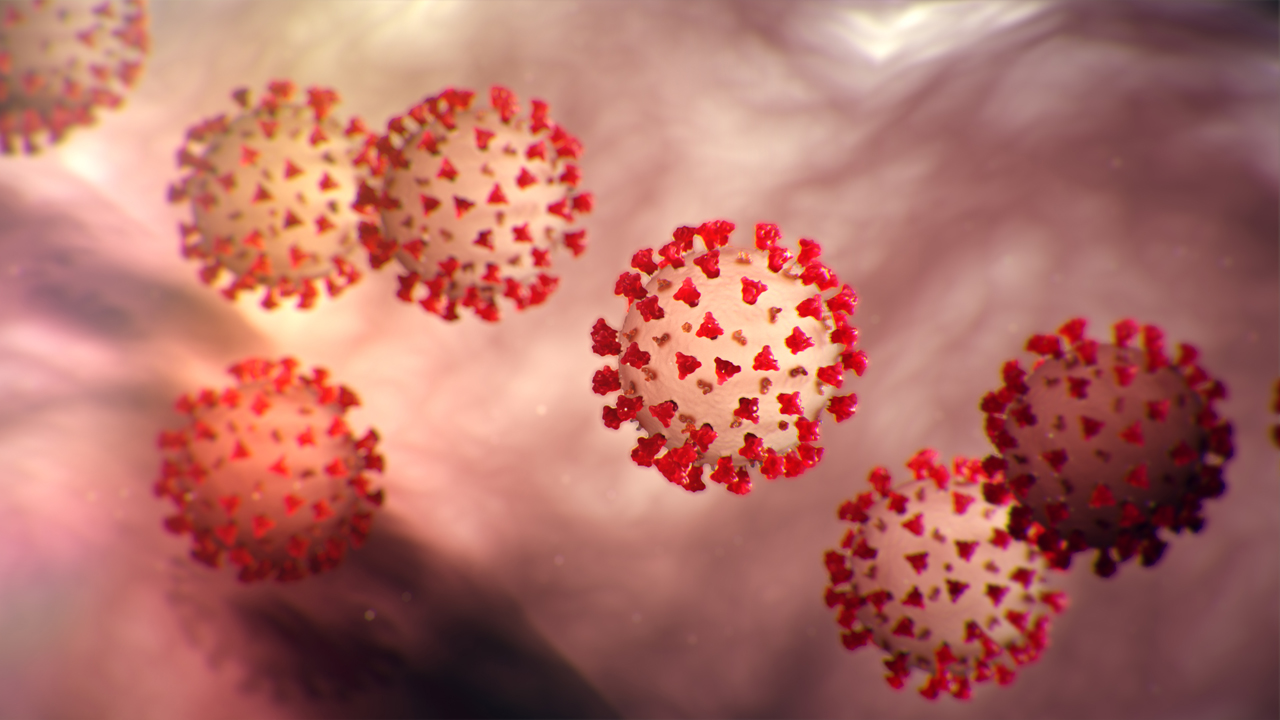Many HEIs have shifted to online submission of PhD thesis, evaluation and viva, making it easier for final stage students to complete their academic requirements.
Ever since the Covid-19 pandemic originated from Wuhan, its impact on every aspect of our life in higher educational institutes (HEIs) has been devastating. Suddenly educational institutions were caught up in this huge web of challenges and possibilities. Our key responsibility was to maintain a “steady state of knowledge creation and transfer”, irrespective of the extrinsic factors. We also needed to ensure that our campus residents, including students, staff and faculty remain safe, healthy and stress free.
Human Resources Development Minister Ramesh Pokhriyal “Nishank” has been in constant touch with the vice-chancellors, providing his inputs and support. The Ministry of Human Resource Development (MHRD) has ensured that digital resources for continuing the teaching-learning processes are readily available. Although work on creating digital resources was initiated by MHRD during the last couple years, its utility has become prominent during the Covid-19 pandemic.
In educational institutes, we are also proud of the fact that both the faculty members and students have quickly risen to the occasion and adopted various online modes of teaching and evaluation. In JNU, the Schools and Special Centres are functioning quite well as far as the teaching and exams are concerned in spite of the lockdown. However, in every HEI, there are a small number of students who have genuine issues in terms of internet connectivity. However, most HEIs have decided to give the option of attending the lectures and writing the exams either in online mode or whenever they are able to return to the campuses. This kind of flexibility is essential considering the diversity of students that we admit and the commitment to help the students to the best of our ability.
Many HEIs have also shifted to online submission of the PhD thesis, evaluation and viva, making it easier for final stage students to complete their academic requirements. Being a predominantly research oriented university, JNU has already conducted dozens of PhD thesis viva-voce evaluations using completely online means during the lockdown period.
Training teachers is another area where MHRD has encouraged the HEIs to emphasise on. Annual Refresher Program in Teaching is a flagship MHRD program in which JNU has participated actively and trained teachers in different disciplines. In addition, JNU has also conducted several webinars in the design and delivery of lectures and evaluation using online digital platforms in which thousands of teachers have participated.
Many HEIs have also taken up new research projects with an aim to deliver rapid and effective diagnostics and treatment solutions to tackle Covid-19 or have offered their labs for coronavirus testing. JNU has been granted a project, for example, for the development of a portable, low cost, handheld RT PCR for the large-scale screening of Covid-19 infection.
It is truly commendable that that this project has been an outcome of the partnership between the faculty members of the School of Biotechnology and their recently incubated company, Nanofluidiks Research Pvt. Ltd at JNU. More such initiatives are in the pipeline in different HEIs to deliver solutions that are mission specific and fulfill the pressing needs of the nation. This is in resonance with Atmanirbhar Bharat, the latest clarion call given by the Prime Minister to all of us.
The Atal Incubation Centre-Jawaharlal Nehru University Foundation for Innovation (AIC-JNUFI) is a Section 8 (not for profit) company owned by Jawaharlal Nehru University, funded under the Atal Innovation Mission (AIM) program of NITI Aayog, Government of India. The aim of AIC-JNUFI is to support innovative technology-based start-ups that have an impact on the core sectors of the economy. As a first step in this direction, the JNUFI has acquired the Biosafety Level 3 facility from the School of Biotechnology in JNU. This facility is now ready for Covid-19 testing. We have received several inquiries from government
HEIs are not clear when the students can be called back to campuses. Students have been advised to stay back at their residences until the situation improves. Those who could not go home and are staying back in hostels are well taken care of. The Human Resources Minister is particularly concerned and frequently enquires about their well-being. Based on the JNU Covid-19 task force recommendations and a series of follow up deliberations, we have issued several circulars for graded reopening of the university giving highest priority to the safety of visitors and residents while ensuring that the work remains uninterrupted. During the lockdown HEIs are ensuring that the food supplies and health centre remains open and unaffected. JNU has a helpline for psychological counselling of students for those who may be feeling depressed due to the Covid-19 situation.
JNU, leading the way for other HEIs, has quickly responded to this mega Covid-19 challenge with a number of initiatives. We do recognise that this is not an easy time for students, their family members, our staff and faculty. However, with a collective positive approach and continuous support from MHRD, we are committed to stay on track and fulfill our academic commitment and responsibilities to the best benefit of society.
Mamidala Jagadesh Kumar is Vice-Chancellor, Jawaharlal Nehru University

